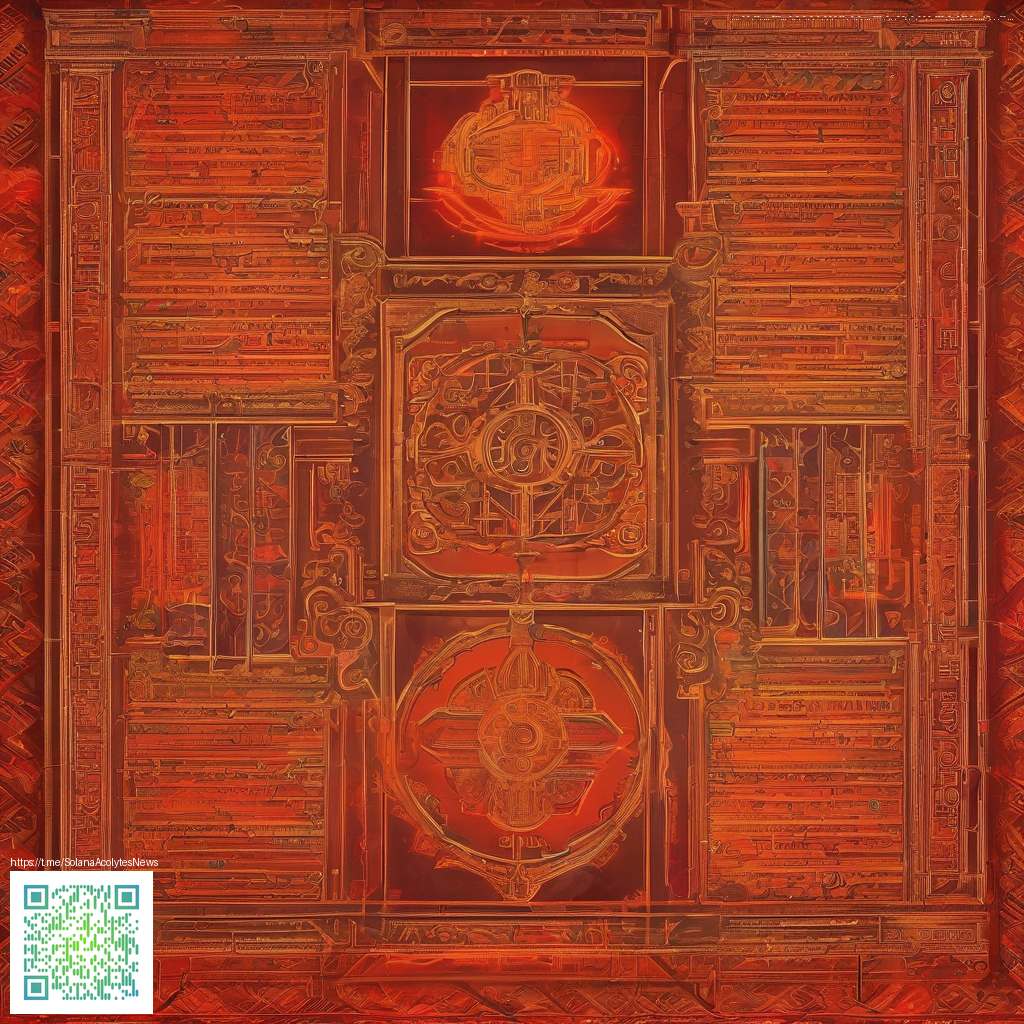
Midnight Spin at the Silent Laundromat
At exactly 12:01, the neon sign above the door sputtered to life, a blue halo bleeding into the alley. The Silent Laundromat never closed, not since the last bus rolled away and the city forgot the sound of running water. I pushed the door, metal rasp, and the bell sighed like a patient in a hospital bed. The machines stood in neat rows, their drums gleaming with a quiet hunger.
Rows of machines hummed in chorus, a mechanical choir that forgot to sleep. The air tasted faintly of bleach and rust, as if the place swallowed apologies before they could be spoken. A single woman, a ghost of a customer in a faded coat, sat by a spinning machine, counting coins that clicked out of a pocket and rolled along the concrete like tiny pebbles of time. No one else spoke. The lights flickered, as if blinking away some memory the town preferred to forget.
“In here, the cycles never end,” the old man who had once owned the shop would say in a softer, older voice. “Listen for the breath between the spins.”
I set my laundry into a top-loader that sighed when I released the lid, and I felt the air tighten around my wrists as if the room were listening for a wrong word. The first cycle began with a chuffing roar, then a lullaby of water sheeting down, the drum turning with a patient, hungry patience. On the clock—digits carved into the glass—each second stretched into a small eternity, a grain of sand in a glass cage.
- Observe the hush between cycles; it carries a voice you almost remember.
- Never meet the glass doors with your eyes; they reflect a hundred possible endings.
- When the timer ticks backward, do not extend your hand toward the drum's mouth.
As the wash continued, I noticed the door-matte smear of your reflection peeling away from me. The clothes in the neighboring machines began to murmur, sleeves curling into themselves as if waking from long sleep. A damp chill crawled up my spine, and a soft, persistent tapping sounded from inside the metal drum—tap, tap, pause, a syllable I could not place. Then the drum came to a stop, the room exhaled, and the lights went to that same blue-black low mood they keep for storms.
From the night-dark inside the machine, a whisper rose, not loud but intimate: a name I knew only in dreams. The lid shivered as if someone lay beneath it, listening. I watched the reflection of a face, not mine, become present and then fade, a child’s mouth forming a question I couldn't answer. The door clicked shut, and the coins in my pocket clinked to the floor as though they had found their own way out of this place. The Silent Laundromat did not keep clothes clean; it kept secrets washed in the dark.